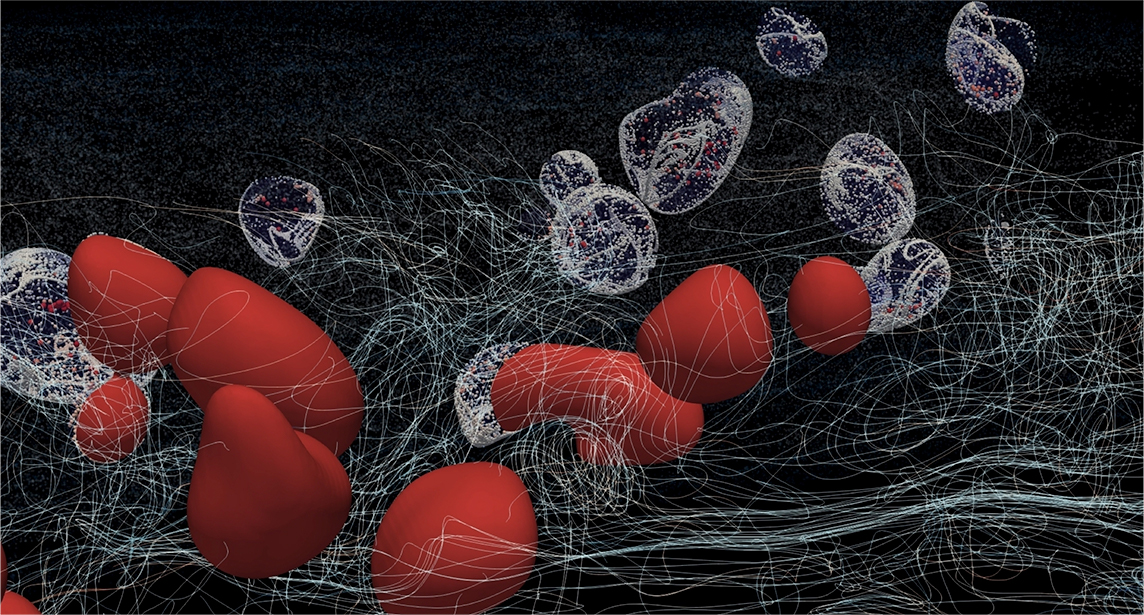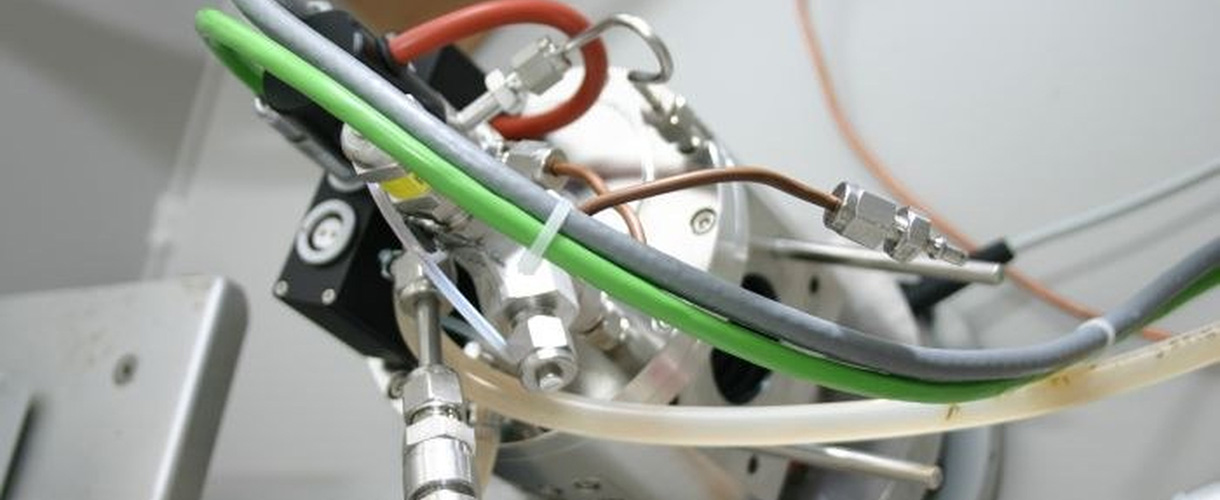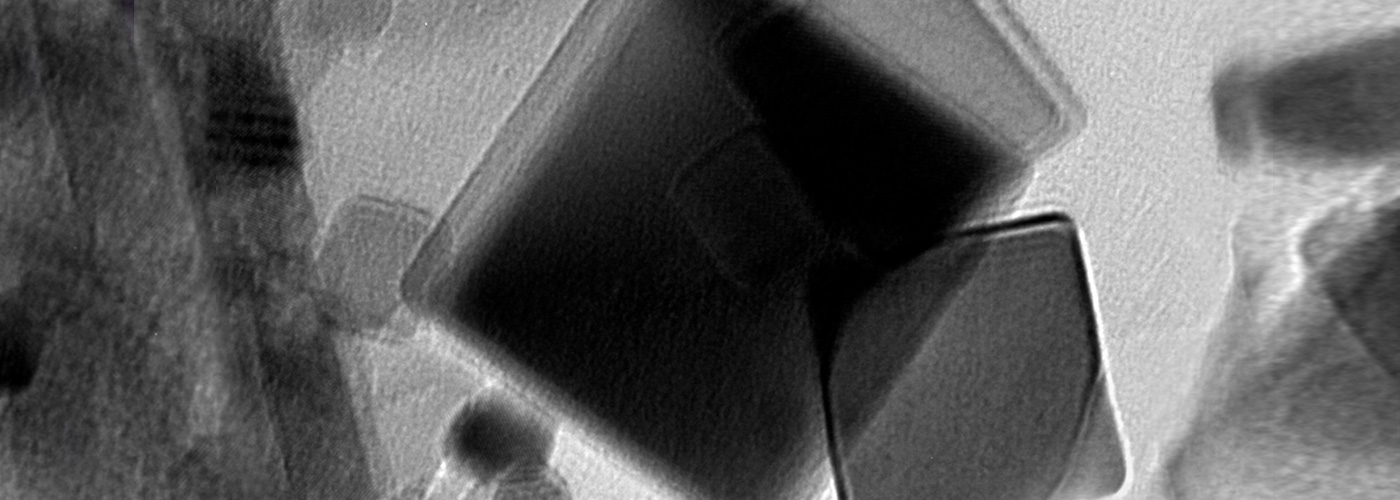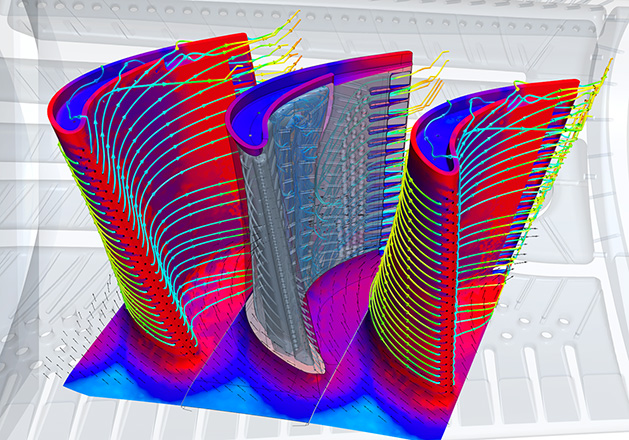Water, energy and nutrient recovery from IWC
Numero ore: 20
SSD: ICAR/03
Course content: A new paradigm shift is being currently encouraged in wastewater treatment at all levels, aimed at moving from traditional wastewater treatment plants (WWTPs) to water resource recovery facilities (WRRFs), i.e., advanced platforms capable to recover energy, nutrients, and clean water for several high-value purposes. In the first part of the course, wastewater physicochemical and biological characterization, together with conventional treatment technologies, are introduced to highlight some key concepts. Successively, the possibilities for efficient sludge management (dewatering, aerobic digestion, anaerobic digestion, composting, thermal processes) are critically discussed and commented. Energy recovery from excess sludge and wastewater are presented as well, with special focus on anaerobic digestion processes, capable of providing valuable biogas (which can be locally exploited for electricity and heat production, or even upgraded to biomethane). Source separation and decentralized wastewater treatment schemes are mentioned throughout the course, given the huge research ongoing on these topics, especially in rural areas. Treated wastewater reclamation is presented in the following, considering different end-use applications (industrial reuse, agricultural reclamation), due to current freshwater shortages that are observed worldwide, exacerbated by well-known phenomena (climate change, population growth, severe droughts). Finally, the available technologies for nutrient recovery (nitrogen and phosphorous) are introduced in the last part of the course, potentially leading to the substitution of conventional mineral fertilizers with bio-based materials, that show reduced greenhouse gases emissions and improved nutrient use efficiency. The concept of “fit-for-purpose” is clarified, which may lead to an efficient and flexible adjustment of wastewater treatment chains depending on the specific end-use forecast for treated effluents. Throughout the course, both conventional and innovative technologies are presented to give a broader overview to the attending students.
Metodi didattici: lezioni frontali
Modalita’ di verifica dell’apprendimento: relazione finale scritta
Altre informazioni: corso erogabile in lingua inglese se necessario







